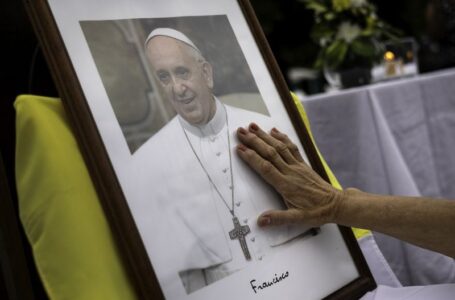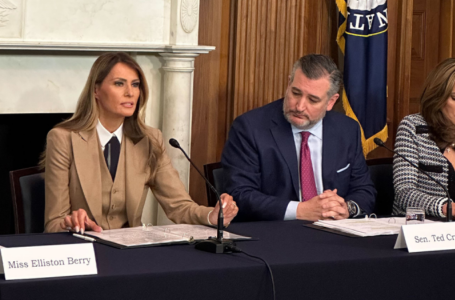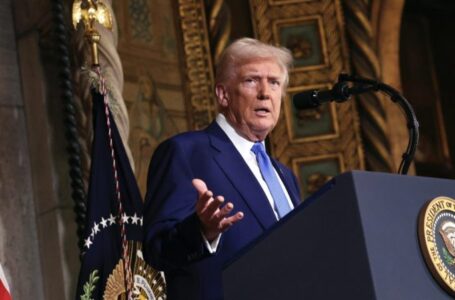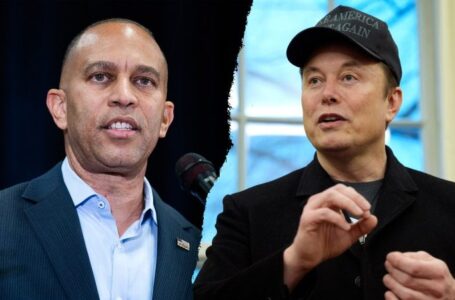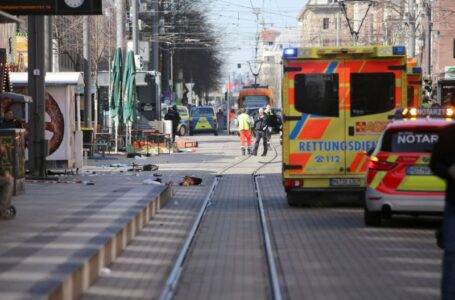Pope Francis had two episodes of ‘acute respiratory failure’ but is alert and resting, says Vatican
China’s Xi urges regional leaders to resist ‘external interference’ as security bloc grows to counter US
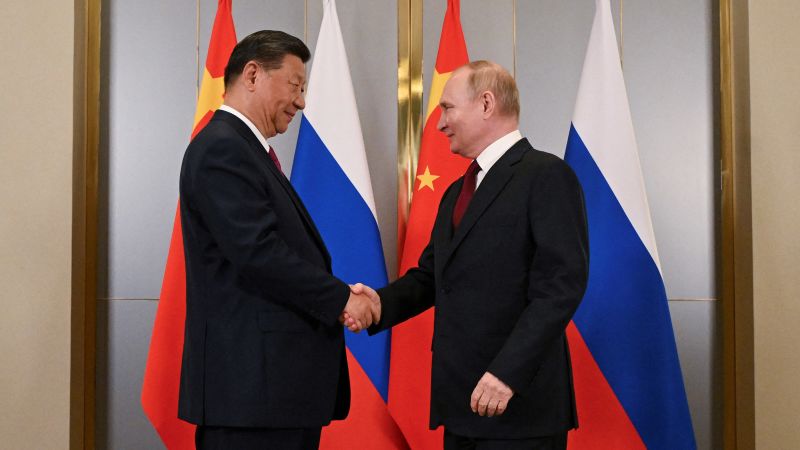

Chinese leader Xi Jinping on Thursday urged regional leaders to resist “external interference” at a gathering of a Eurasian security bloc touted by Beijing and Moscow as a counterbalance to Western power.
Addressing the Shanghai Cooperation Organization (SCO)’s annual leaders’ summit in Kazakhstan, Xi called on member states to “consolidate the power of unity” in the face of “the real challenge of interference and division.”
“We should work together to resist external interference … and firmly grasp our own future and destiny, as well as regional peace and development, in our own hands,” Xi was quoted as saying by Chinese state broadcaster CCTV.
The 10-member bloc must handle internal differences with peace, seek common ground, and resolve difficulties in cooperation, Xi added.
Founded in 2001 by China, Russia, Kazakhstan, Kyrgyzstan, Tajikistan and Uzbekistan to combat terrorism and promote border security, the SCO has grown in recent years as Beijing and Moscow drive a transformation of the bloc from a regional security club with a focus on Central Asia to a geopolitical counterweight to Western institutions led by the United States and its allies.
On Thursday, Belarus, a staunch Russian ally that helped Moscow launch its 2022 invasion of Ukraine, became the latest authoritarian state to join the SCO, after Iran became a full member last year. The bloc underwent its first expansion in 2017 to welcome India and Pakistan.
Indian Prime Minister Narendra Modi was notably absent from this year’s event, further adding to the perception of the SCO’s anti-Western orientation.
At the summit, Xi warned against what he called “the real threat of Cold War mentality” and called on member states to “uphold our security baseline.”
He also urged countries to safeguard the right to development in the face of the “real risks of small yards with high fences,” referring to a strategy adopted by the US to restrict key technologies from China.
The Chinese leader stressed the need to jointly promote scientific and technological innovation, and to maintain the stability and smoothness of industrial and supply chains.
China-Russia alignment
On the eve of the summit, Xi and Russian President Vladimir Putin – the two leaders driving the SCO’s expansion – met on the sidelines and hailed their countries’ deepening alignment.
In opening remarks ahead of their bilateral meeting, Putin said Russia-China relations are going through “the best period in their history” and should be considered a “stabilizing” force for the world.
“Russian-Chinese cooperation in global affairs serves as a main stabilizing factor on the international stage, and we continue to further enhance it,” Putin told Xi on Wednesday.
The Russian president also underscored Moscow and Beijing’s roles “at the cradle” of the SCO’s founding and noted its rapid expansion in recent years.
“As the number of participants grew … the SCO also gained a bigger role as one of the key pillars of a just multipolar world order,” Putin said.
The meeting marks the two leaders’ second face-to-face talks in just two months following Putin’s visit to Beijing in May and comes shortly after the Russian president struck a landmark defense pact with North Korea.
Much to the consternation of the US and Europe, China and Russia have deepened their political, economic and military ties since Putin and Xi declared a “no limits” partnership in February 2022 when the Russian leader visited Beijing, weeks before his full-scale invasion of Ukraine.
China has surpassed the European Union to become Russia’s top trade partner, offering a crucial lifeline to its heavily sanctioned economy. The two nuclear-armed neighbors have also continued to hold joint military exercises, including with Iran.
Meanwhile, the US has accused China of providing Russia with dual-use goods that bolster the warring nation’s military industrial complex as it attacks Ukraine, which Beijing denies.
In his opening remarks Wednesday, Xi told Putin that China and Russia should “keep upholding the original aspiration” of their “lasting friendship” in the face of “an international situation fraught with turbulence and changes.”
Xi also hailed the “unique value” in China-Russia relations, urging the two countries to make new efforts to safeguard their “legitimate rights and interests” and “the basic norms governing international relations.”
“China and Russia should continue to strengthen comprehensive strategic coordination, oppose external interference and jointly safeguard regional tranquility and stability,” Xi said, according to a readout from China’s Foreign Ministry.
This story has been updated with additional information.

